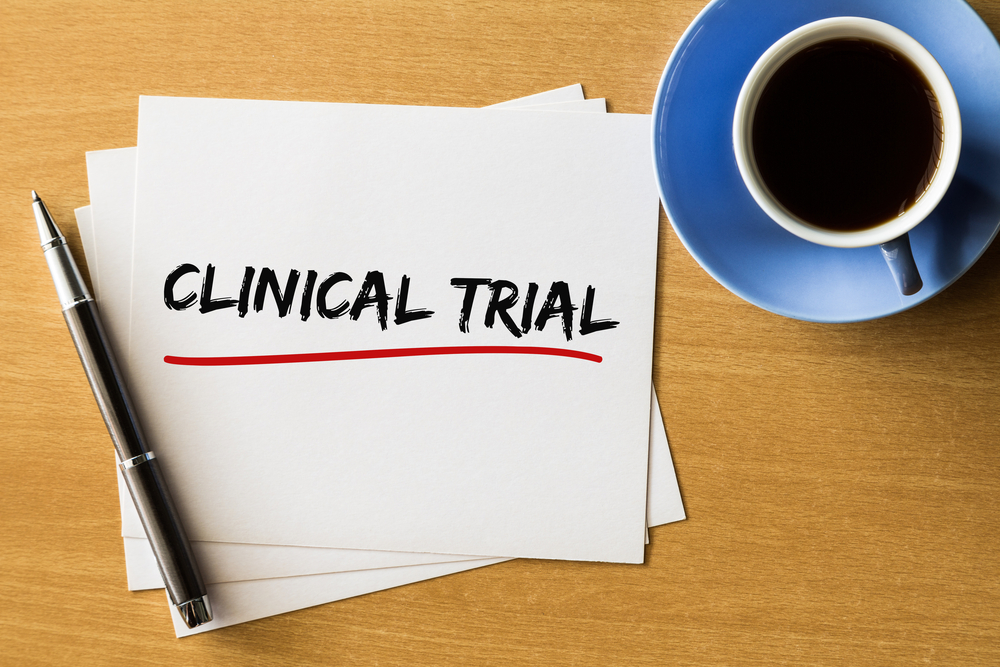Allogene to Present Positive Phase 1 Data for Investigational CAR T-cell Therapy ALLO-715

ALLO-715, an investigational donor-derived CAR T-cell therapy by Allogene Therapeutics, has a manageable safety profile and promising preliminary efficacy results in people with relapsed or refractory multiple myeloma, a Phase 1 clinical trial has shown.
The results will be presented at the 62nd Annual Meeting of the American Society of Hematology, taking place virtually in December. The presentation is titled “An Allogeneic First-in-Human Study of the Anti-Bcma ALLO-715 and the Anti-CD52 ALLO-647 in Relapsed/Refractory Multiple Myeloma.”
Chimeric antigen receptor (CAR) T-cells are immune cells that have been engineered to specifically target cells producing a particular protein. In ALLO-715, the engineered cells specifically target and kill cells expressing the B-cell maturation antigen (BCMA) protein, which is found at high levels in multiple myeloma cells.
To date, most CAR T-cell therapies for cancer involve taking immune cells from the person with cancer, modifying the cells, then putting them back in the cancer patient. This strategy has obvious drawbacks, namely that it is time-consuming and expensive.
ALLO-715 is an allogenic (donor-derived) CAR T-cell therapy that essentially can be used “off-the-shelf.” Cells in this therapy can be stored and then directly used as a therapy, without the added logistical burden of having to use patients’ own cells.
The UNIVERSAL Phase 1 trial (NCT04093596), sponsored by Allogene, is evaluating this investigational therapy in people with relapsed or refractory multiple myeloma, who received three or more prior therapies. The open-label trial is recruiting 90 people at multiple locations in the U.S.; more information is available here.
Participants in the trial will be given one of four doses of ALLO-715: 40, 160, 320, or 480 million cells. Prior to the cell treatment, participants undergo one of several chemotherapy regimens for lymphodepletion, which essentially destroys the patient’s immune system to minimize interference with the treatment.
As of July, 19 people had entered the trial, and 15 had received ALLO-715: three at the lowest dose, seven at the 160 million dose, and five at the 320 million dose. So far, no participants have been given the highest dose.
These “patients were heavily pre-treated and in advanced stage of disease,” with a median of five prior lines of therapy, the researchers wrote.
The trial’s main goal is to detect dose-limiting toxicities (DLTs) associated with the therapy. As the name suggests, DLTs refer to toxic effects that emerge when a therapy is given at a high enough dose.
“No DLTs to ALLO-715 had been reported as of the data cutoff,” the researchers wrote.
The most common high-grade adverse events (side effects) reported so far were anemia, and low levels of blood cells, such as neutrophils, lymphocytes, and platelets.
Serious infections were reported in four (23.5%) participants, three of which were resolved with treatment. The fourth, a suspected fungal pneumonia, led to respiratory failure, ultimately resulting in the participant dying. The death was deemed by the investigators to be related to the lymphodepletion regimen.
Cytokine release syndrome, a potentially dangerous inflammatory condition, occurred in four participants, but all were low-grade and able to be resolved. So far, there have been no reports of neurotoxicity (damage to the brain or nervous system) or of graft-versus host disease, a condition in which donated cells erroneously attack the body’s healthy tissue.
“We believe [these data] will provide insights into how we might optimize lymphodepletion and cell dose to reach its potential for patients in need of readily available treatments options,” Rafael Amado, MD, executive vice president of research and development and chief medical officer at Allogene, said in a press release.
In terms of efficacy, the best results were seen with the highest evaluated dose, which resulted in a 60% response rate. The responses to this dose were even higher (66%) when participants received a specific lymphodepletion regimen containing fludarabine, cyclophosphamide, and the company’s anti-CD52 antibody ALLO-647.
All responses initially were seen after two weeks. Of the five total participants who responded to therapy, four were still in response at the data cut-off.
“These findings will help inform trial design for our BCMA platform as we look to advance ALLO-715,” Amado said.
Allogene and SpringWorks Therapeutics launched a clinical trial collaboration to conduct a Phase 1 study assessing ALLO-715 in combination with SpringWorks’s experimental gamma secretase inhibitor, nirogacestat, earlier this year. That trial is expected to begin later this year.






